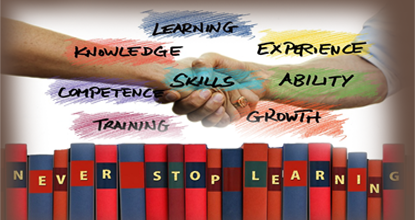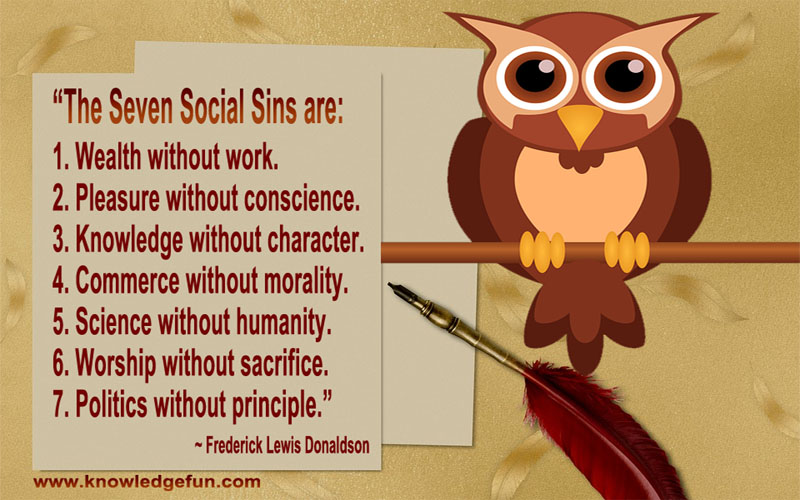Human beings have emphasized the practical value of some sort of character analysis in dealing with others. But to know himself has a tremendously practical value to every human being, as on that knowledge depends self-correction.
Since human being is the only creature that deliberately attempts while reshaping his outer world to reshape himself also. Moreover, man is the only seeker of perfection; with a deep, intense critic of himself. To reach nobility of character is not a practical aim, but is held to be an end sufficient in itself.
"Character cannot be developed in ease and quiet. Only through experience of trial and suffering can the soul be strengthened, ambition inspired, and success achieved." ~ Helen Keller
So man constantly examines into himself – "Are my purposes good; is my will strong – how can I strengthen my control, how make righteous my instincts and emotions?" It is true that there is a worship – and always has been – of efficiency and success as against character; that man has tended to ask more often, "What has he done?" or, "What has he got?" rather than, "What is he?" and that therefore man in his self-analysis has often asked, "How shall I get?" or, "How shall I do?" In the largest sense these questions are also questions of character, for even if we discard as inadequate the psychology which considers behavior alone as important, conduct is the fruit of character, without which it is unproductive.
"Character is not something that you buy; it is not a commodity that can be bartered for; it is not a quality suited for only the rich and famous; rather, character is built upon the foundational commitment of love, honesty, and compassion for others." ~ Byron R. Pulsifer











